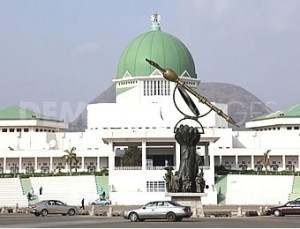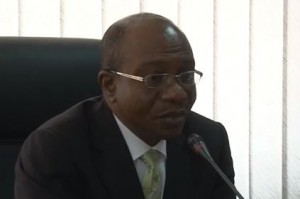
Reuters: Nigeria’s lower house of parliament on Tuesday launched a probe into a lack of funding for an amnesty programme for militants in the country’s oil-producing heartland, a key factor in maintaining a tenuous peace in the Niger Delta and supporting crude production.
Failure to maintain funding for former militants under the 2009 amnesty could jeopardise the relative stability in the Delta and even result in oil production being choked off, as it was last year by militant attacks that cut crude output by as much as a third.
Nigeria’s House of Representatives will “investigate the circumstances leading to funding constraints affecting the amnesty programme, with a view to avoiding reoccurrence and report back to the House within two weeks for further legislative action,” it said in a motion.
It also said it would urge the finance minister to release the 15 billion naira ($49 million) set aside in the 2016 budget for the amnesty programme.
The finance ministry did not immediately respond to a request for comment.
“The situation is becoming more serious … as tension and threats are already palpable in the Niger Delta Region and amongst the beneficiaries of the programme,” said the lower chamber.
Five months of arrears are owed to former militants, as well as education fees for students in Nigeria and overseas, it said.
Last month, former militant leaders in the Niger Delta urged the government to pay out delayed amnesty stipends or face protests.
The government is now in talks with militants to end the attacks that cut Nigeria’s output by 700,000 barrels a day (bpd) for several months last year, reducing total production at that time to about 1.2 million bpd. It has since rebounded.
Under the amnesty programme, each former militant is entitled to 65,000 naira ($213) a month plus job training. But last month, a special adviser to Nigeria’s president said the programme was facing a cash crunch.
Authorities had previously cut the budget for cash payments to militants to end corruption. They later resumed payments to keep pipeline attacks from crippling vital oil revenues.
Two months of stipends were paid out in January, but the amnesty office said foreign school fees and other allowances had not been sent by the federal government yet.
The damage from attacks on Nigeria’s oil industry has exacerbated a downturn in Africa’s largest economy, which slipped into recession in 2016 for the first time in 25 years, largely due to low oil prices.
Crude oil sales make up around two thirds of government revenue.




